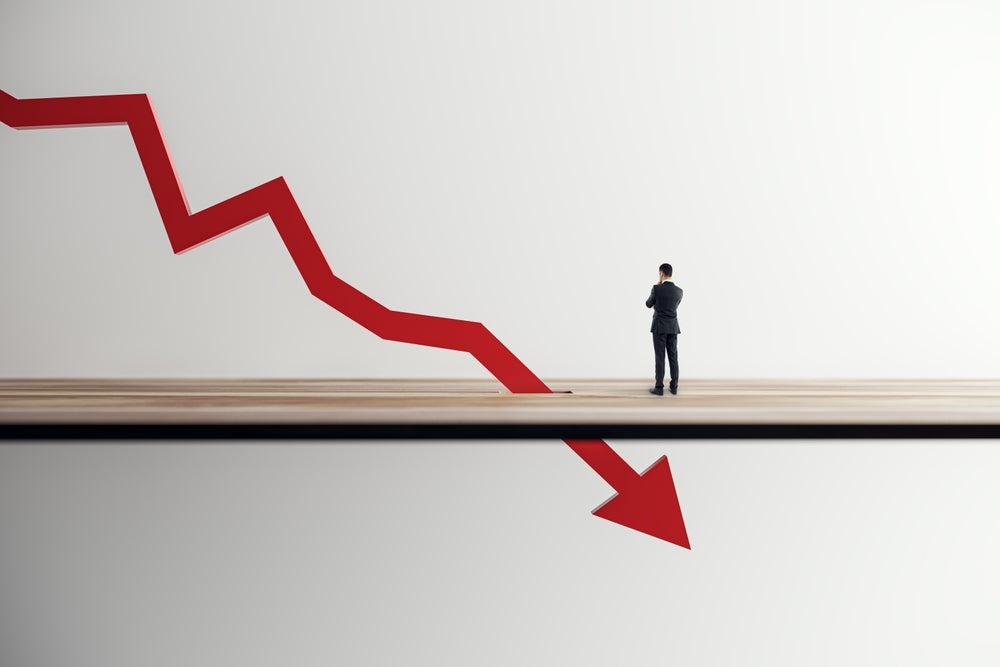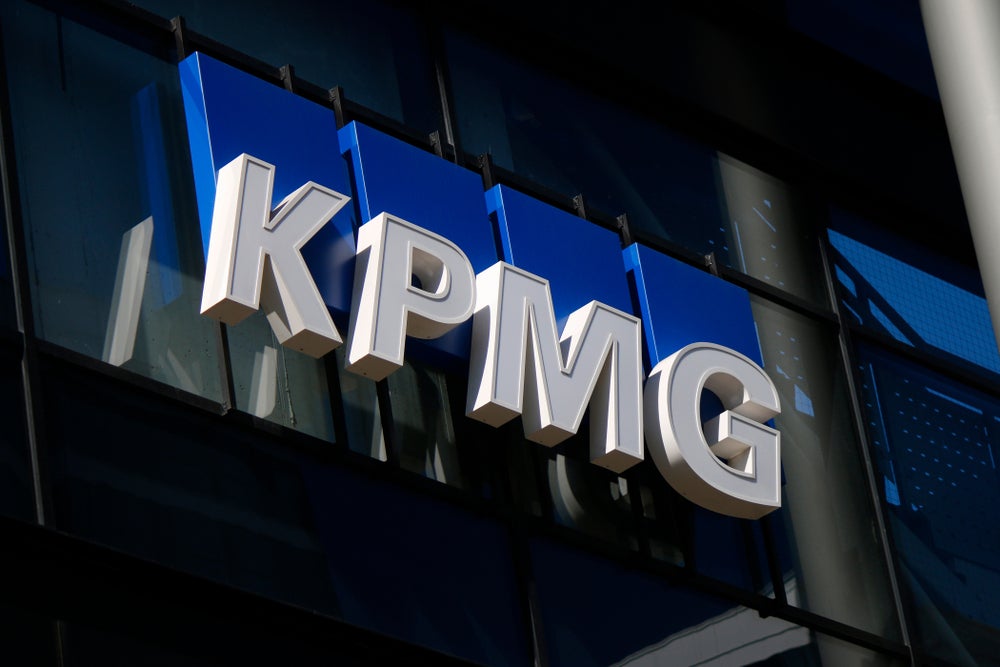
Across the globe momentum is building for sustainability reporting and assurance in the public sector. The IPSASB has decided to move forward with the development of public sector specific sustainability reporting standards beginning with a Climate-Related Disclosures standard.
Finance and audit professionals working in government, public sector bodies and supreme audit institutions – Auditors-General’s offices, Courts of Accounts and similar (SAIs) – can demonstrate leadership on this agenda, driving action to progress transparent reporting and assurance of expenditure and actions to address sustainability challenges.
At the World Investment Forum in Abu Dhabi on 16th October three global bodies , ACCA, IFAC and IDI launched a summary of their forthcoming introduction to sustainability and assurance in the public sector.
Based on their ongoing work and recent global roundtables with public sector reporting and auditing experts, the report makes the case for a focus on the principle of sustainable development: ‘meeting the needs of the present without compromising the ability of future generations to meet their own needs’. It outlines what sustainability reporting and assurance mean for the public sector, why they are important, and key principles for governments, SAIs and other public sector bodies to consider in this journey.
Speaking at the ACCA/UN symposium on developing public sector sustainability reporting, ACCA executive director for strategy and governance, Maggie McGhee, said: “A sustainable future for all is a primary concern across government activity. At the same time governments play a critical role in establishing good governance: the institutional, policy and regulatory frameworks in which society operates. So governments and other public sector bodies need to be able to measure and report on how their policies and expenditure are addressing sustainability challenges.”
IFAC principal and public sector lead, Laura Leka, added: “Policymakers and other stakeholders, including the public, need information to understand the sector’s impact on sustainable development. It’s important that sustainability reporting provides disclosures that are high-quality, decision-useful, and prepared in accordance with internationally recognised reporting and disclosure standards.”
How well do you really know your competitors?
Access the most comprehensive Company Profiles on the market, powered by GlobalData. Save hours of research. Gain competitive edge.

Thank you!
Your download email will arrive shortly
Not ready to buy yet? Download a free sample
We are confident about the unique quality of our Company Profiles. However, we want you to make the most beneficial decision for your business, so we offer a free sample that you can download by submitting the below form
By GlobalDataAs sustainability reporting develops, independent external assurance will become increasingly necessary to build trust in the information being disclosed. Roundtable participants saw SAIs taking the lead, building on their experience auditing progress towards sustainable development.
IDI deputy director general, Archana Shirsat, concluded: “SAIs have a central role to play in providing independent and objective oversight on sustainability information generated by the public sector. Determining appropriate forms of assurance or confidence, engaging with stakeholders and developing auditor competencies to audit sustainability information is important to build public trust.”






